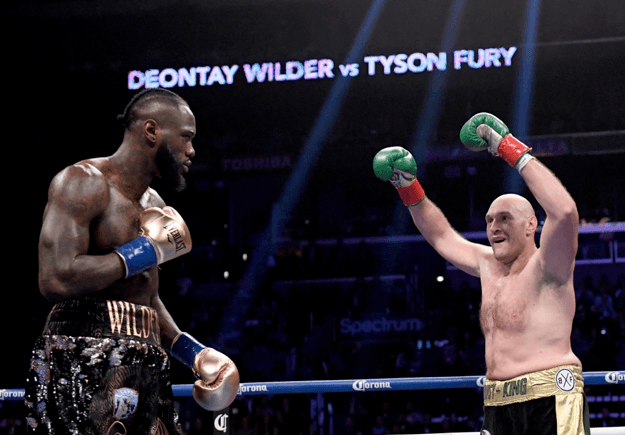The Marketing Genius of Tyson Fury
Saturday night (well, early Sunday morning for us Brits…) will see arguably the most anticipated boxing bout in a generation, as Tyson Fury and Deontay Wilder face off in a rematch of their controversial 2018 draw. Though prone to the occasional dodgy remark, Wilder’s road to this point has been a relatively traditional one – 43 fights, 41 knockouts, 0 losses. A steady rise up the heavyweight rankings fuelled by a knack for flashy, one-punch finishes.
For Fury, it’s a different story. Even as he defeated Wladimir Klitschko to become world heavyweight champion in 2015, he was seen as unpopular and somewhat unmarketable in the UK due to his archaic views on homosexuality and gender, influenced by his religious beliefs. After the win, things spiralled out of control as Fury struggled massively with mental illness and severe depression, leading to drink and drug-abuse and alarming weight gain. Failed drugs tests and lack of fitness followed, torpedoing his boxing credentials – and with them, any remaining marketability he had left.
What has transpired since 2018 has been well-documented: Fury shed all the weight he had gained, and then some. Out with the drink and drugs; in with a new-found determination and fitness programme. What’s less well-documented is the extraordinary marketing effort from Fury and his team.

The shining light has been the sincere utilisation of Fury’s mental health fightback. With mental health a trending topic, Fury’s success story – and his inspirational insistence that others suffering can rebound in similar fashion – could hardly have come at a more fitting time. Frank Warren has capitalised on this, no doubt, by increasing Fury’s TV appearances and organising candid interviews with the likes of GQ. But, by Warren’s own admission, the driving force behind ‘Brand Fury’ is Fury himself:
Another clever part of Fury’s efforts to expand his appeal can be found in his ringwalks. He has developed a habit of flying the flag for local ethnic groups, having walked to the ring in everything from Uncle Sam-esque American garb, to a traditional Saudi thawb. It’s an easy way of winning new fans and getting foreign crowds on your side.
In addition to signing a bumper £80 million deal with ESPN last year to cover his next five fights, Fury made the unprecedented decision to dip his toes into the waters of WWE. Last year’s matchup with Braun Strowman in Riyadh banked him a reported £12 million, taking his net worth to roughly £30 million. And yet, he maintains that he lives unlike any other millionaire:
There’s so much to admire about Tyson Fury nowadays, on a purely human level. But for those of us involved in the world of sports marketing, there are also valuable lessons to be learned in rehabilitating and perfecting a sports brand. Look out for more genius marketing from Team Fury on Saturday night – win or lose.




